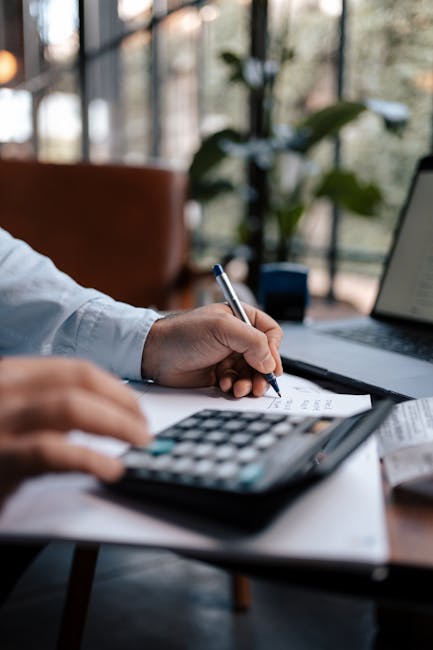Doing The Right Way
 Precious Metal Investors: A Guide to Buying Gold and Silver
Precious Metal Investors: A Guide to Buying Gold and Silver
As an investor, you’re likely aware of the importance of diversifying your portfolio to minimize risk. One way to do this is by investing in precious metals, such as gold and silver. These metals have historically performed well during times of economic uncertainty and have been a popular choice for investors seeking to hedge against inflation and market volatility. However, buying gold and silver can be a complex process, especially for those new to investing. In this article, we’ll provide a comprehensive guide to help you navigate the world of gold and silver buying.
First and foremost, it’s essential to understand the different types of gold and silver available for investment. Gold is typically sold in the form of coins, bars, or bullion, while silver is often sold as coins, rounds, or bars. Each type of gold and silver has its own unique characteristics, such as purity, weight, and minting process. For example, gold coins may be 22-karat or 24-karat, while silver coins may be 0.999 fine or 0.9999 fine. It’s crucial to understand the differences between these types to make informed purchasing decisions.
Another important consideration is the price of gold and silver. The prices of these metals can fluctuate significantly, depending on a variety of factors such as supply and demand, economic conditions, and global events. As an investor, it’s essential to stay up-to-date on the current prices of gold and silver to make informed purchasing decisions. You can find current prices online or through a reputable dealer.
When buying gold and silver, it’s also important to consider the purity of the metal. Purity is measured in karats, with 24-karat being the highest purity. Gold coins and bars may be stamped with a karat rating, such as 22-karat or 24-karat, while silver coins and bars may be stamped with a fineness rating, such as 0.999 or 0.9999. It’s essential to ensure that the gold and silver you purchase is of high purity to ensure its value and authenticity.
In addition to purity, it’s also important to consider the weight of the gold and silver you’re purchasing. Gold and silver are typically sold in ounces, grams, or kilograms, with each unit having a specific value. For example, one ounce of gold may be worth more than one ounce of silver. It’s essential to understand the weight of the gold and silver you’re purchasing to ensure you’re getting the best value for your money.
When buying gold and silver, it’s also important to consider the minting process. Gold and silver coins and bars may be minted by government mints, private mints, or other organizations. Each mint has its own unique process for producing gold and silver coins and bars, which can affect their value and authenticity. For example, coins minted by government mints may be more valuable than those minted by private mints.
Another important consideration is the storage and security of your gold and silver. As an investor, you’ll want to ensure that your precious metals are stored safely and securely to prevent loss or theft. You may want to consider storing your gold and silver in a safe or a secure depository, or you may want to consider investing in a gold or silver IRA.
In conclusion, buying gold and silver can be a complex process, especially for those new to investing. However, by understanding the different types of gold and silver available, the price of gold and silver, the purity of the metal, the weight of the metal, the minting process, and the storage and security of your precious metals, you can make informed purchasing decisions and ensure the value and authenticity of your investment. Whether you’re a seasoned investor or just starting out, gold and silver can be a valuable addition to your portfolio.
The Essentials of – Getting to Point A
This post topic: Arts & Entertainment